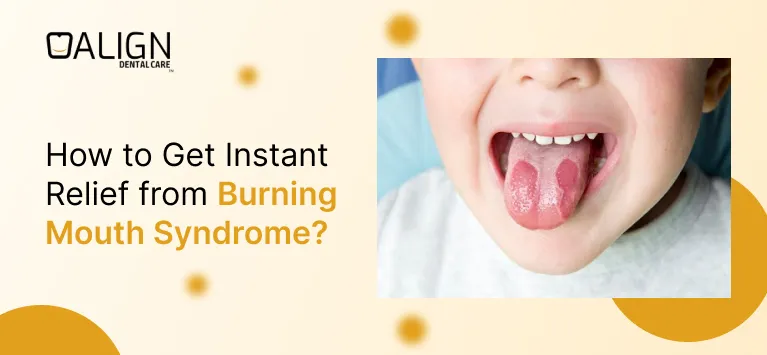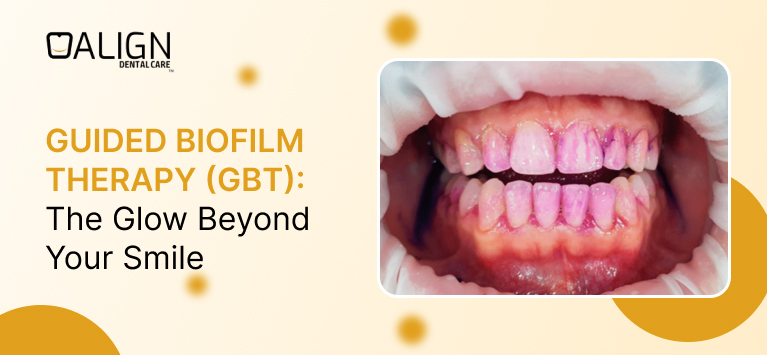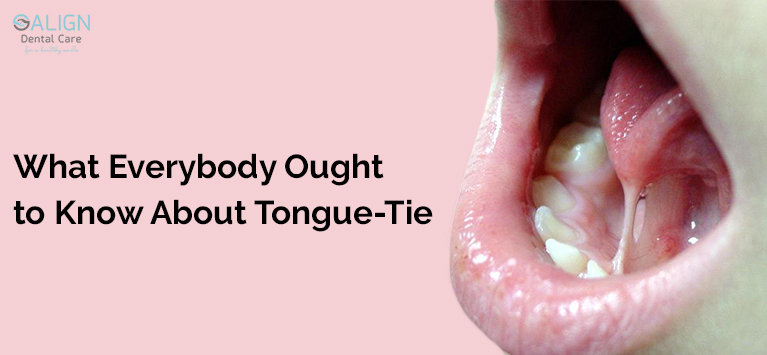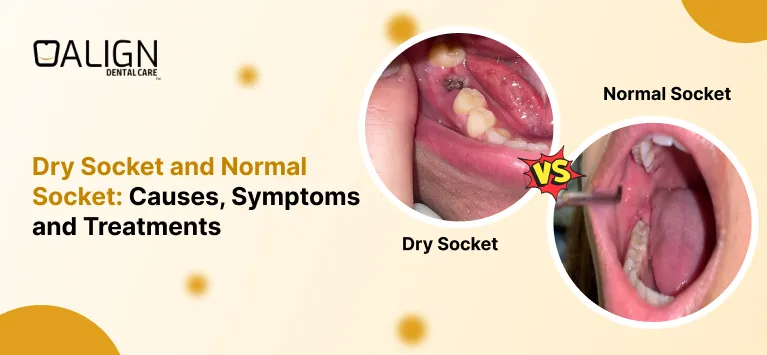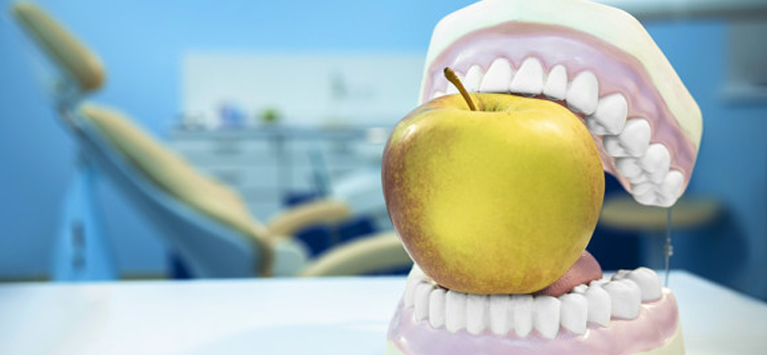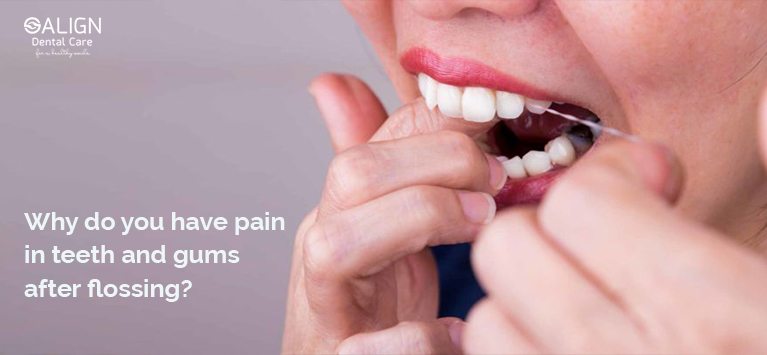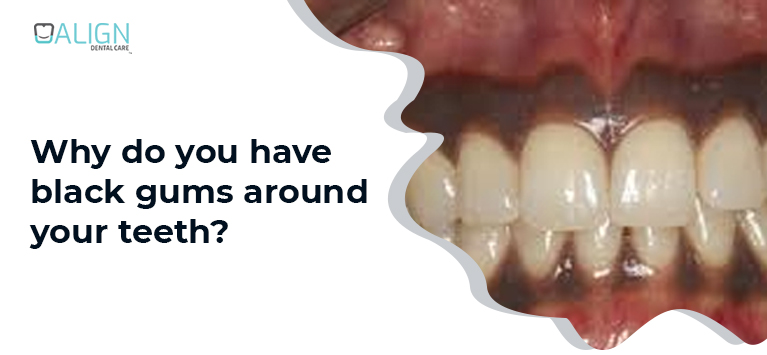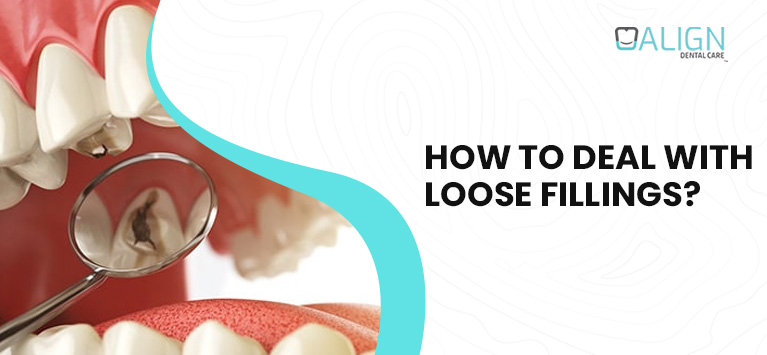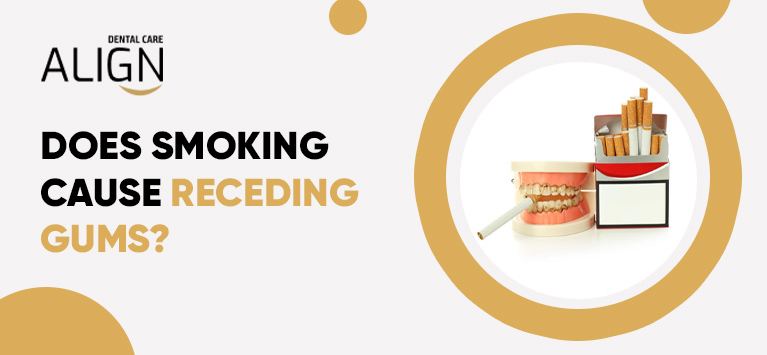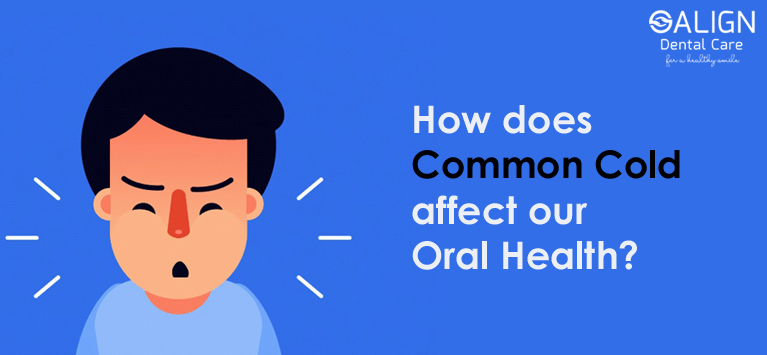
How does common cold affect your oral health?
Common cold seems a normal problem and exhibits symptoms like runny nose, cough, congestion and sore throat. In general, every adult gets cold 3 to 4 times a year whereas kids have 6 to 10 times. In certain cases, flu and common cold persists for more than a week and hurt pain and teeth. Keep in mind that such oral complications when you have cough are warning signs of harmful diseases.
In this article, we have explained the impact of cold diseases on our dental health and simple tips to overcome the difficulties.
1) Sore Throat
Common cold is the main culprit next to bad oral hygiene for sore throat. As the bacterial infection can easily affect the soft tissues inside the mouth, it infects the tongue and causes problems like painful throat.
Apart from causing an unpleasant feeling, sore throat prevents our body from absorbing nutrients in foods.
If you want speedy recovery from the inflamed tissues in the mouth, consult your dentist immediately. Meanwhile, certain natural remedies also help you to get rid of sore throat.
We recommend gargling your mouth salt water twice a day to get a natural cure. Another option is mix lemon juice to a half cup of lukewarm water. Add a few drops of honey to the mixture and drink it daily. Honey contains natural antibacterial properties to treat sore throat.
2) Tooth Pain
Our upper teeth are located underneath the sinus cavities. When we get cold, the sinus region gets blocked with mucus. It causes swelling or inflammation in the sinus cavity. This is followed by a pressure applied to the upper molars. It triggers intense pain in the upper teeth.
In most of the cases, the toothache subsides when the mucus in the sinus reduces. If the toothache persists, then you should require a dental consultation because the hurting feel might be a symptom of Sinusitis.
3) Dry Mouth
Common cold, flu are effective to inflame the nasal tissues and ends in nasal congestion. When you have nasal congestion, you feel difficult to breath through your nose and use your mouth to breathe.
Dental experts have revealed that mouth breathing is detrimental to our oral health because it causes dry mouth. The reduced salivary flow provides a way for oral bacteria to flourish, increasing the chances of developing cavities, bad breath, periodontal diseases and much more.
If you encounter difficulties with nasal passage blocks, consider the following tips to prevent the oral problems occurred with nasal congestion:
- Take frequent sips of water
- Use nasal decongestants
- Use a saline nasal spray
- Take a hot shower to clear the nasal passages
Bottom line
Common cold seems a normal thing but the dental discomforts you are encountering when you get cold are abnormal. Luckily, they can be combated with effective oral hygiene activities and appropriate natural remedies.
Meanwhile, you should be limit the intake of sugar because the high sugar contents breed the oral bacteria whilst prolonging the common cold, flu and other problems caused by the cold virus.






